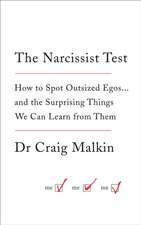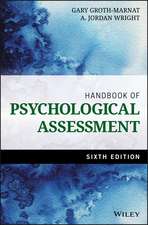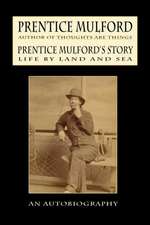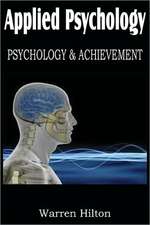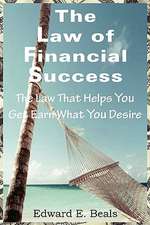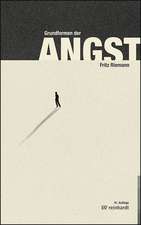The Thought Highway to Wealth - Three Books on Attracting Riches Through Thought
Autor Wallace D. Wattles, James Allen, Prentice Mulforden Limba Engleză Paperback – 31 oct 2012
Preț: 94.49 lei
Nou
Puncte Express: 142
Preț estimativ în valută:
18.08€ • 18.88$ • 14.96£
18.08€ • 18.88$ • 14.96£
Carte disponibilă
Livrare economică 14-28 martie
Preluare comenzi: 021 569.72.76
Specificații
ISBN-13: 9781612037059
ISBN-10: 1612037054
Pagini: 184
Dimensiuni: 152 x 229 x 10 mm
Greutate: 0.25 kg
Editura: Bottom of the Hill Publishing
ISBN-10: 1612037054
Pagini: 184
Dimensiuni: 152 x 229 x 10 mm
Greutate: 0.25 kg
Editura: Bottom of the Hill Publishing
Notă biografică
Wallace Delois Wattles (1860-1911) was an American New Thought writer. He remains personally somewhat obscure, but his writing has been widely quoted and remains in print in the New Thought and self-help movements. As a Midwesterner, Wattles traveled to Chicago, where several leading New Thought leaders were located, among them Emma Curtis Hopkins and William Walker Atkinson, and he gave "Sunday night lectures" in Indiana; however, his primary publisher was Massachusetts-based Elizabeth Towne. He studied the writings of Georg Wilhelm Friedrich Hegel and Ralph Waldo Emerson and recommended the study of their books to his readers who wished to understand what he characterized as "the monistic theory of the cosmos."
Through his personal study and experimentation Wattles claimed to have discovered the truth of New Thought principles and put them into practice in his own life. He also advocated the then-popular health theories of "The Great Masticator" Horace Fletcher as well as the "No-Breakfast Plan" of Edward Hooker Dewey, which he claimed to have applied to his own life. He wrote books outlining these principles and practices, giving them titles that described their content, such as Health Through New Thought and Fasting and The Science of Being Great. His daughter Florence recalled that "he lived every page" of his books. A practical author, Wattles encouraged his readers to test his theories on themselves rather than take his word as an authority, and he claimed to have tested his methods on himself and others before publishing them.

